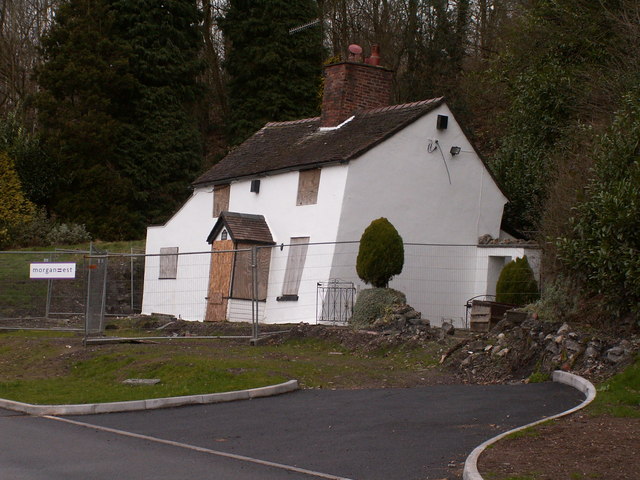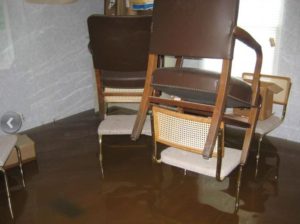What is Covered Under Home Insurance?

Owning a home is definitely a major life milestone. Your home is your castle and a symbol of your life’s work. It is the one place that you feel safe and also raise and spend quality time with your loving family. Being one of your biggest and most important investments, you should protect your home at all costs. One of the most effective ways of safeguarding your home is by taking out home insurance.
Life is full of unpredictable circumstances and as a homeowner, you should always keep this in mind. A lot of unfortunate events and tragedies can happen to your home, for example, a fire outbreak, theft, vandalism, or a storm. In either of these circumstances, if you don’t have the right cover in place then you can suffer immense losses that you might never be able to recoup. It goes without saying that repairing your home after a severe storm or replacing stolen or damaged valuable items can be very expensive. This is where home insurance comes in.
If you’ve never taken out home insurance before. Then you might be confused as to what it is all about and what it covers. Fortunately, this article acts as a guide to home insurance.
What is Home Insurance?
Basically, home insurance is an umbrella term that encompasses two types of insurance covers; building insurance and contents insurance. Building insurance covers the physical structure of your home which includes the roof, walls, windows, floors, and permanent fixtures while contents insurance covers your belongings or items within your home.
In most cases, these two types of covers are purchased as a combined policy, however, you can also buy them separately, even though this option is more expensive.
What is Covered Under Home Insurance?
Building Insurance
Building insurance covers damage to the structure of your home and any permanent fittings. It is one of the main things covered under your home insurance policy. Your outhouses and garages are also covered under buildings insurance. Even though policies vary for different insurers, they all cover your home against damages caused by:
-
 Fire
Fire- Storms
- Floods
- Vandalism
- Falling trees
- Water damage
You may also opt for extra cover, however, you will have to pay an additional premium. Accidental damage is one of the extra covers provided by most insurance companies. This covers your home in case you, a household member or a pet accidentally damage the structure or contents of your home.
What isn’t Covered In Building Insurance?
Even though building insurance covers the structure of your home from various perils, it doesn’t cover damages caused by wear and tear. It also doesn’t cover damages caused by acts of war or terrorism. In addition, depending on your policy, there are some factors that could invalidate your policy, for example, if your home has been uninhabited for a period exceeding 30 years during the years. Hence, it is crucial that you take the time and effort to read the fine print.
Contents Insurance
The structure of your home isn’t the only valuable thing to you. You should also cover the items and personal belongings within your home. This insurance covers losses or damages caused by theft, fire, storms or water damage. You may also opt for a policy that includes accidental damage.

Is Home Insurance Compulsory?
Unlike car insurance, home insurance isn’t a legal requirement, however, it is highly advisable that you take out home insurance for home(s) as rebuilding a home or purchasing new items can be a major financial challenge. However, if you are taking out a mortgage on your home, your lender will require you to have adequate building insurance considering the fact that your home acts as the security for the loan. Also, if you are in the house buying process, you should ensure that you have building cover before completion of contracts as you’ll assume responsibility for the property.
How Much Insurance Do You Need?
Building Insurance
When taking out building insurance ensure that your insurance is adequate to cover the cost of rebuilding your house from scratch. However, it is worth noting that the amount that will go towards rebuilding your house isn’t the same as the current market value or sale price of your home. In most cases, it is usually lower.
You should accurately calculate the rebuild cost of your house as insuring a sum that is too high will leave you paying for cover that you don’t need, which will definitely have financial consequences for you. Also, insuring a sum that is too low, you could have a shortfall of financial support during your times of crisis. To help you work out the costs, you should make use of the website of the Association of British Insurers as it has lots of important information and a calculator.
Unlimited Cover – There are some insurers that provide unlimited cover. This essentially means that they pay for the costs regardless of the costs. This is especially beneficial if you have a large home and have lots of expensive and valuable items. However, it should come as no surprise that this type of cover is more expensive.
In case you add house extensions or renovate your home, you will want to make sure that you review and update your rebuild costs. Other factors such as prices may also cause the rebuild costs to change over time, hence, you should consistently review and update your rebuild costs.
Contents Insurance
In order to find out how much it would cost to replace all the valuable items in your house, you need to take an inventory of everything in your house from room to room. For electronics and appliances, note down the models and brands. To calculate the costs of replacing such items compare with buying a new one at the current prices and add them up.
List everything that you wouldn’t consider leaving behind in case you decided to move. Note them all down on a list and add up the prices. You should give all the relevant information to your insurer regarding all your valuable items to avoid the insurer denying your claim it arises.
